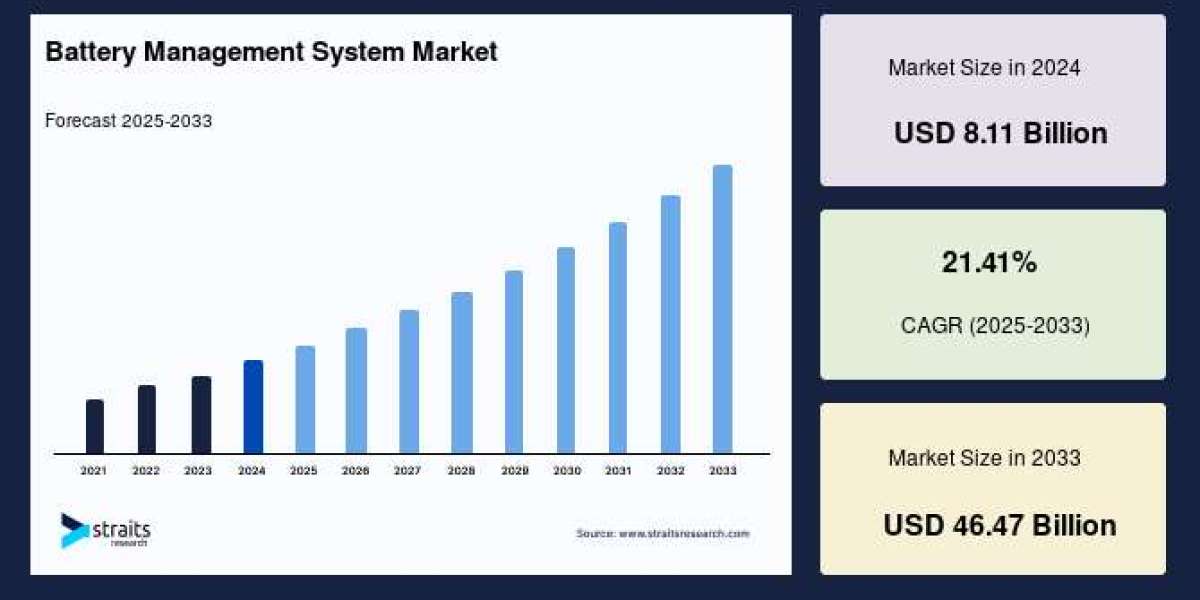In many modern automation systems, precise control and reliable power delivery are crucial for performance, and it is in this context that the Electric Torque Motor stands out as a dependable solution for low-speed, high-torque applications.
Unlike conventional motors, this specialized motor operates without the need for a transmission or mechanical reducer. Instead, its direct-drive mechanism makes it highly suitable for tasks that demand smooth, continuous torque delivery—such as in printing, converting, winding, or industrial robotics. These motors are frequently used in machinery that involves web tension control, offering both fast response times and minimal maintenance due to the absence of traditional gear systems.
What makes this type of motor unique is its ability to provide torque even at zero speed. This feature is vital for processes that involve holding tension or maintaining force without movement, such as in paper processing, foil production, or cable winding. The direct connection between the motor and the application shaft not only minimizes backlash but also improves the responsiveness of the entire drive system.
Thermal management is another strength of this motor type. Most models include advanced heat dissipation designs, enabling long hours of continuous operation without risk of overheating. This feature adds longevity and stability to equipment across multiple industries, ensuring better uptime and efficiency.
The integration of torque motors into production lines also simplifies the mechanical design. Without gears or belts, engineers can reduce the number of mechanical components, which in turn reduces space requirements and mechanical complexity. As a result, maintenance is simpler and less frequent, lowering overall operational costs over the machine’s lifetime.
Moreover, modern versions are compatible with various drive controllers and feedback systems. This flexibility allows them to be tailored precisely to a wide range of tasks, whether in packaging, labeling, or automated inspection systems. Advanced servo controllers can interpret motor position and speed in real time, allowing for exceptionally fine-tuned operation in demanding manufacturing environments.
As global industries continue to prioritize efficiency and automation, these motors are expected to become increasingly popular. Their silent operation, low inertia, and compact design make them ideal for smart factories and advanced production lines where space and responsiveness matter most.
For more detailed insights and technical specifications, visit https://www.cbbmachine.com/news/industry-news/electric-torque-motor-all-you-need-to-know-features-uses-and-more.html








